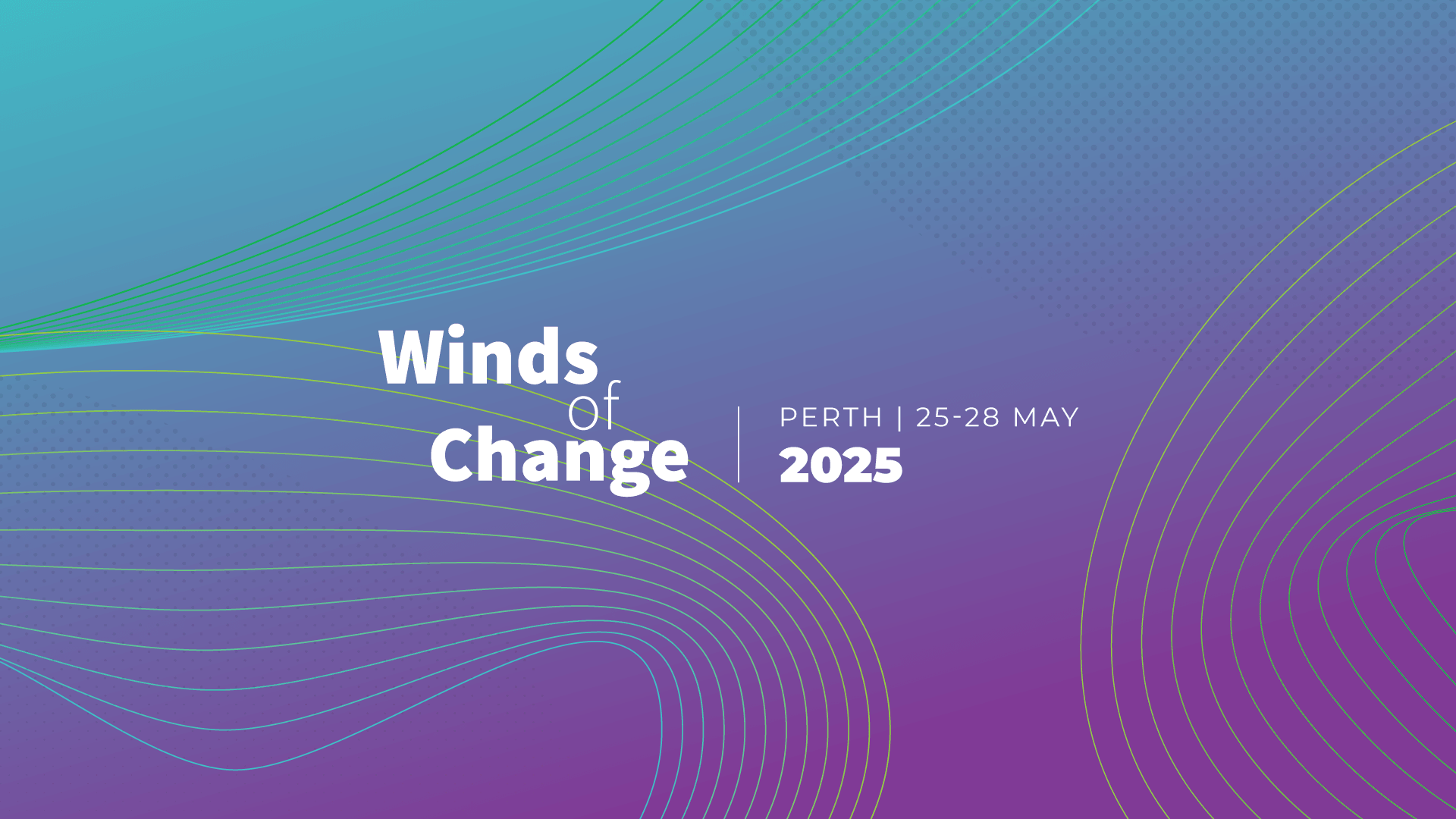
Technological Renaissance of Learning Spaces
May 28 2025, 10:20 - 10:35 (AWST)

This paper presents a comprehensive exploration of Learning Space Technology Benchmarking, charting the historical evolution from traditional classrooms to the modern, technology-enhanced learning environments. It underscores the critical role of the Australasian Council on Open, Distance and E-learning (ACODE) in establishing benchmarks that serve as a navigational tool for educational institutions during this transformative era [1].
The narrative is enriched with case studies and success stories, illustrating the shift towards student-centered designs and the integration of advanced technologies such as AR, VR, and AI. These technologies are creating adaptive ecosystems that cater to individual learning needs [2].
The paper discusses the importance of feedback and continuous improvement, highlighting how these practices contribute to the success of learning spaces [3].
Looking forward, the paper outlines emerging trends and sets forth aspirations for the next decade, advocating for learning environments that are agile, responsive, and inclusive [4].
The conclusion serves as a call to action for educators and institutions to embrace benchmarking as a means of empowering students. The paper concludes with a thought-provoking question, challenging readers to consider their role in the ongoing evolution of learning spaces [5].
This work is a blueprint for the future, demonstrating the enduring impact of benchmarking in shaping educational landscapes and inspiring a new generation of learning space innovation [6].
References:
[1] ACODE. (2021). Benchmarks for Technology Enhanced Learning.
[2] Brown, M., & Long, P. (2020). Designing for Learning: Multi-Use Learning Spaces.
[3] Johnson, L., Adams Becker, S., Cummins, M., Estrada, V., Freeman, A., & Ludgate, H. (2013). Technology Outlook for Australian Tertiary Education.
[4] Smith, J. K. (2022). The Future of Learning: How Technology is Reshaping Education.
[5] Davies, R. S., Dean, D. L., & Ball, N. (2013). Flipping the classroom and instructional technology integration in a college-level information systems spreadsheet course.
[6] Green, K. C. (2018). The Campus Computing Project: The 2018 National Survey of Computing and Information Technology in American Higher Education.
THETA acknowledges the Traditional Owners of the lands where we live, learn and work. We pay our respects to Elders past and present and celebrate the stories, culture and traditions of all First Nations people.
